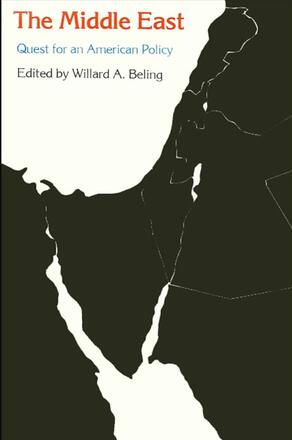
The Middle East
Quest for an American Policy
Alternative formats available from:
Description
In many respects this book represents a considerable departure from traditional works on international relations in the Middle East. Instead of offering partial explanations based on conventional approaches, this book attempts to incorporate studies with different methodological approaches and with the Middle East. Foreign affairs specialists offer balanced and linguistically neutral commentaries, while marshalling empirical data to support their analyses. The result is a broad synthesis which helps the reader see the larger picture despite its complexity.
The Middle East is considered as a subordinate system of the international political system in Part 1. The chapters in this section focus on the nations of the area and their interactions within the subsystem. The papers also examine the implications of these interactions to the nations outside the Middle East.
In Part 2 the scope of inquiry is enlarged to treat interactions between the major world powers and the nations of the Middle East.
Papers in Part 3 focus upon American foreign policy in the Middle East. This portion examines the roles of various special-interest groups such as the oil companies, Zionists, the United States Congress, newspapers, and religious bodies as they relate to the formation of American policy for the Middle East.
In essence, The Middle East is an "international relations" study of the Middle East. Additionally, it has new material—the treatment of religious influences upon the Middle East, the attitudes of some major newspapers towards the middle East conflict, and the domestic position of Israel regarding the Arab-Israeli conflict—seldom discussed in other works.
Willard A. Beling is professor of International Relations, University of Southern California, Los Angeles, where he also has been coordinator of the Middle East/North Africa Program, director of the Institute of World Affairs, and director of the International Public Administration Program. He received his M.A. and Ph.D. degrees from Princeton University.